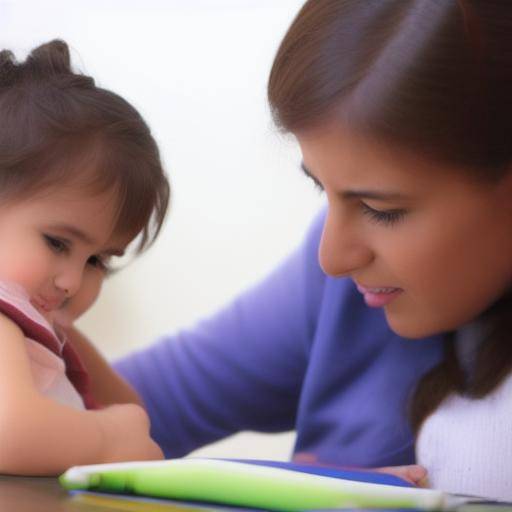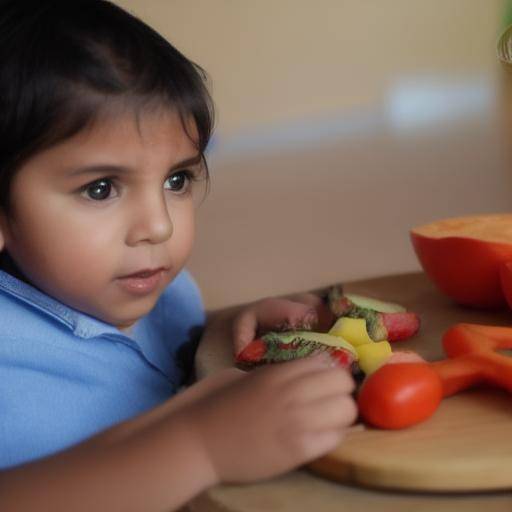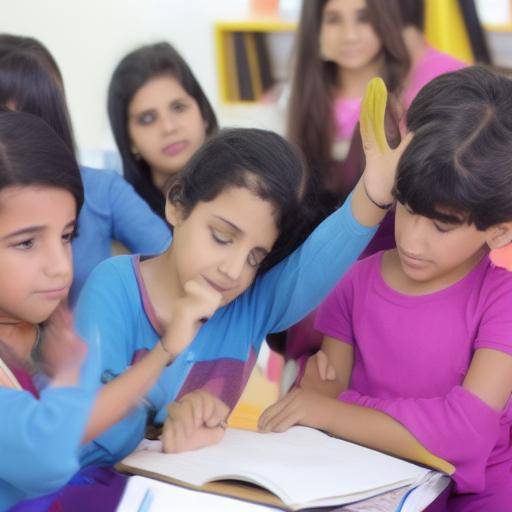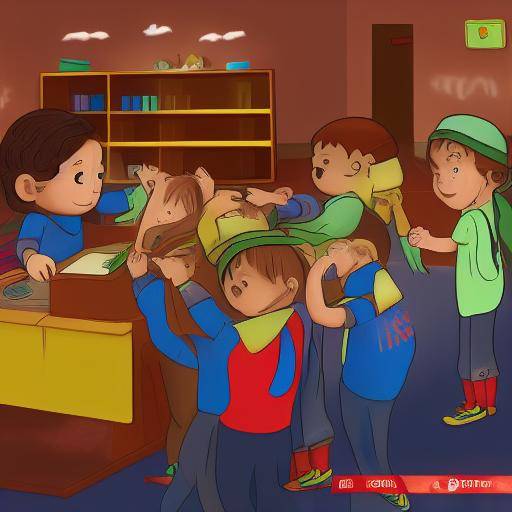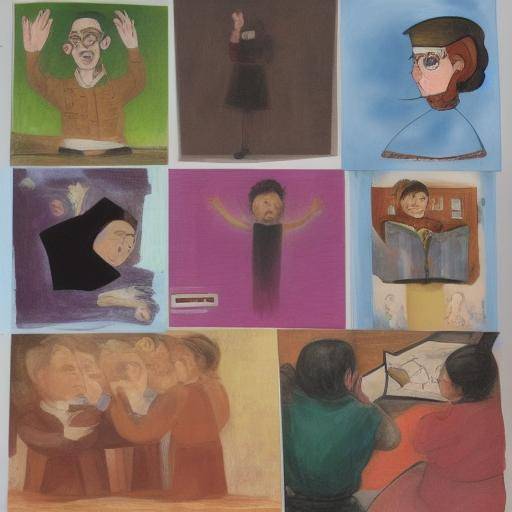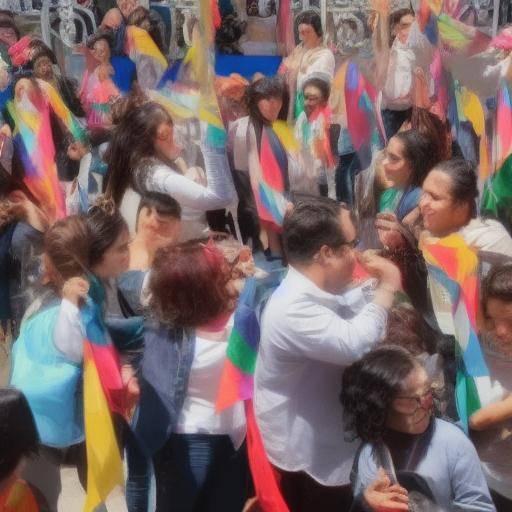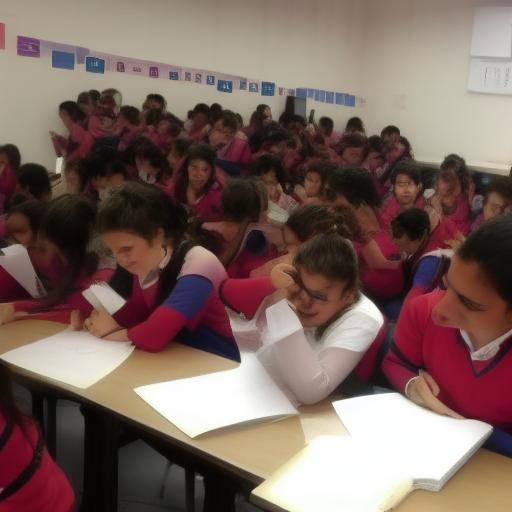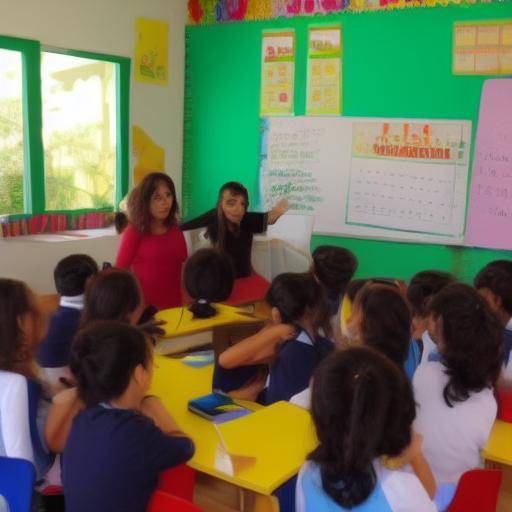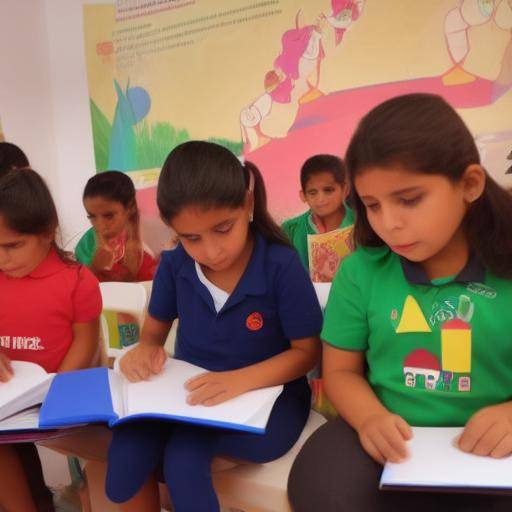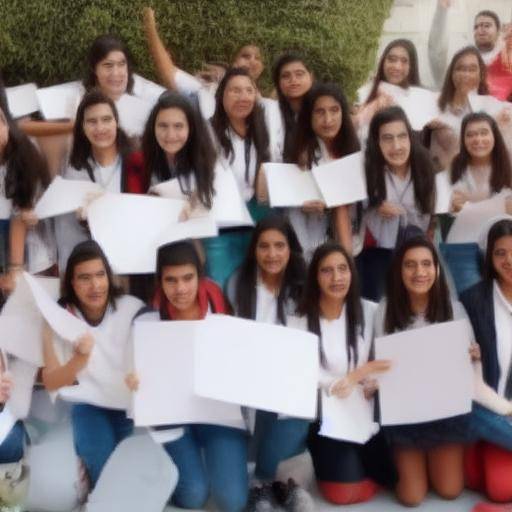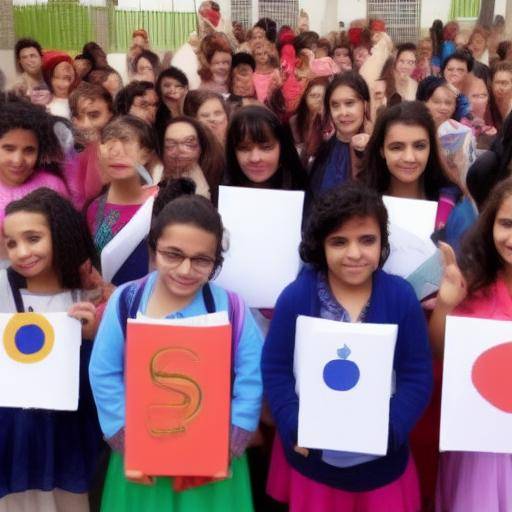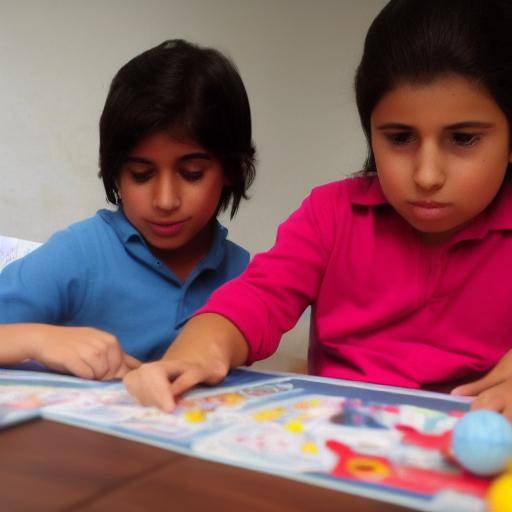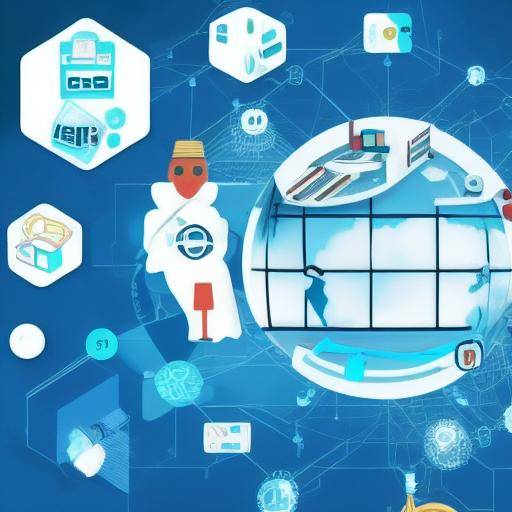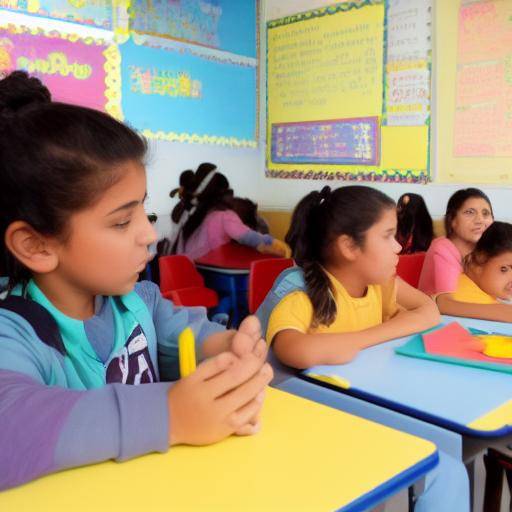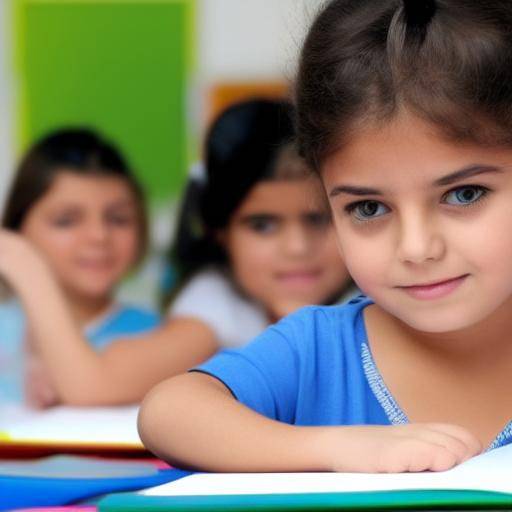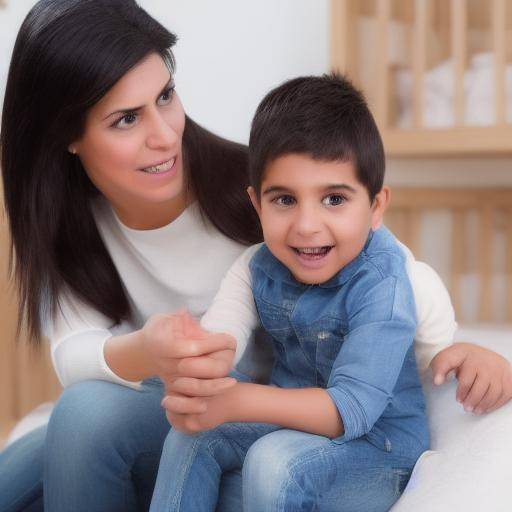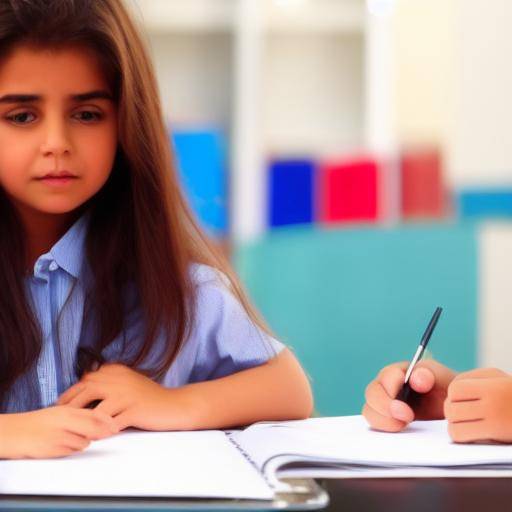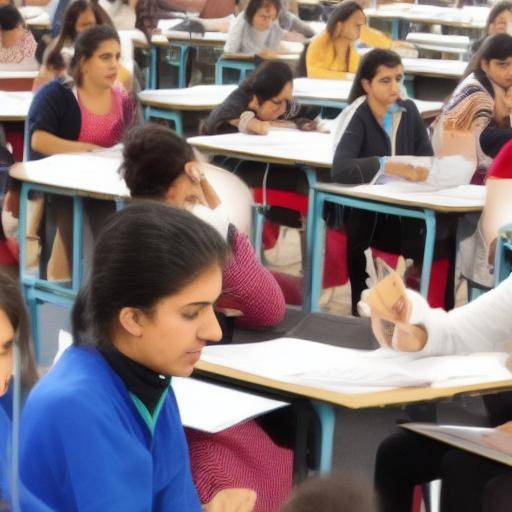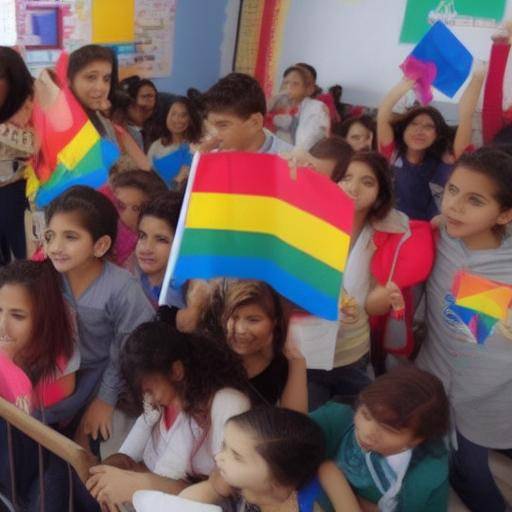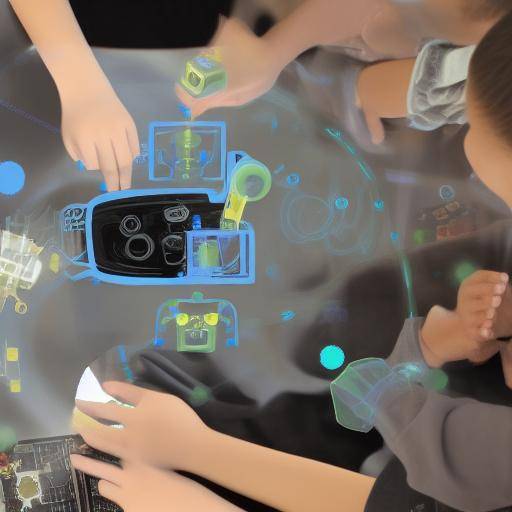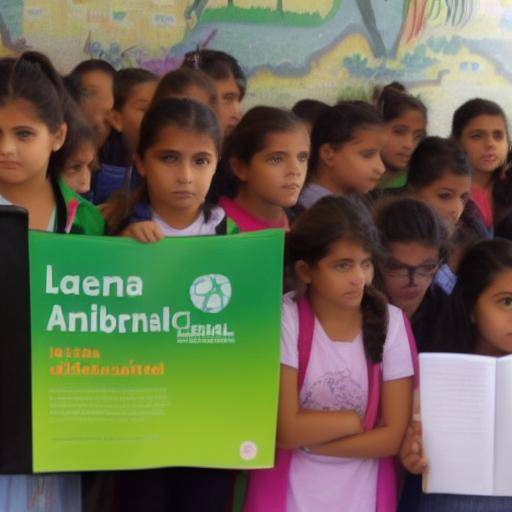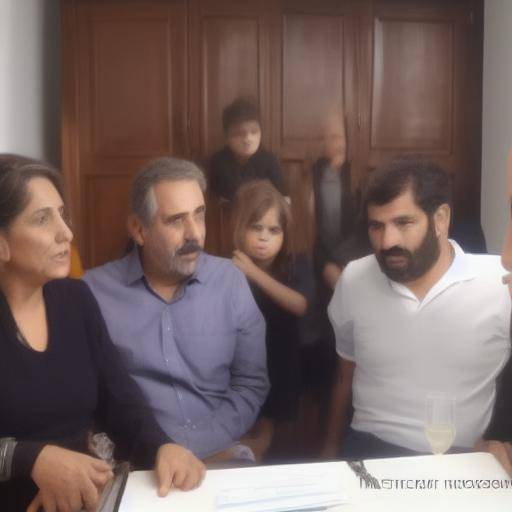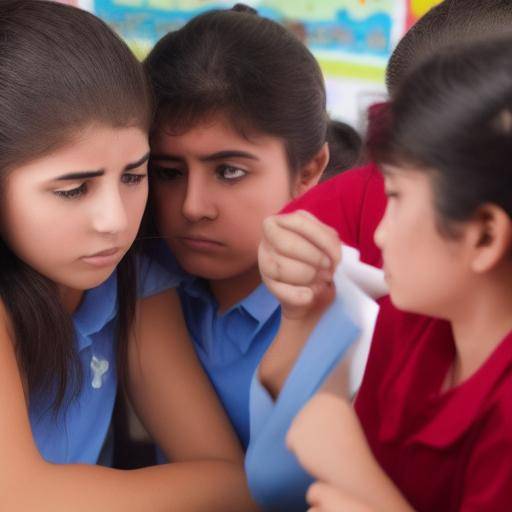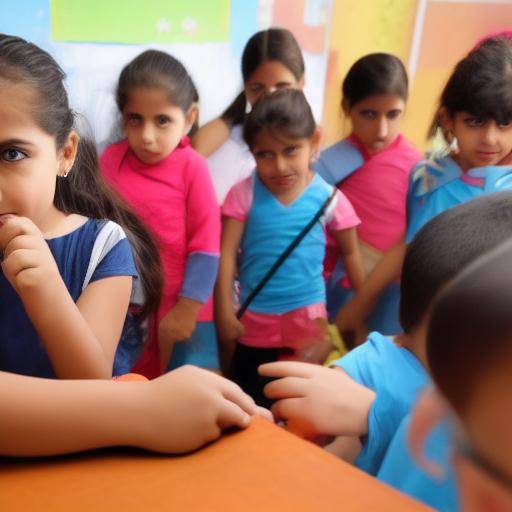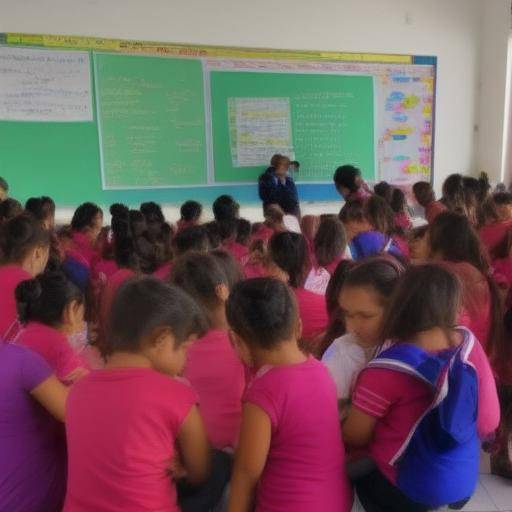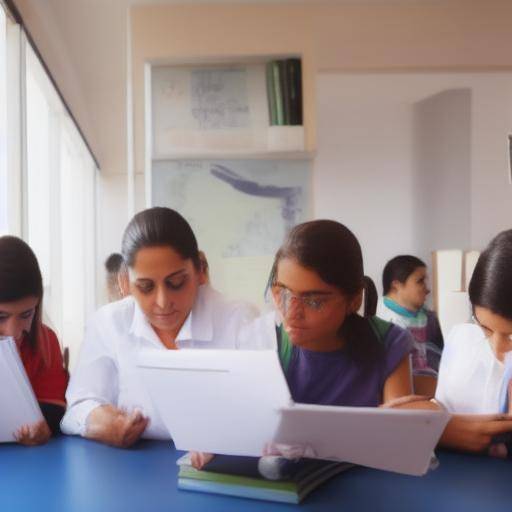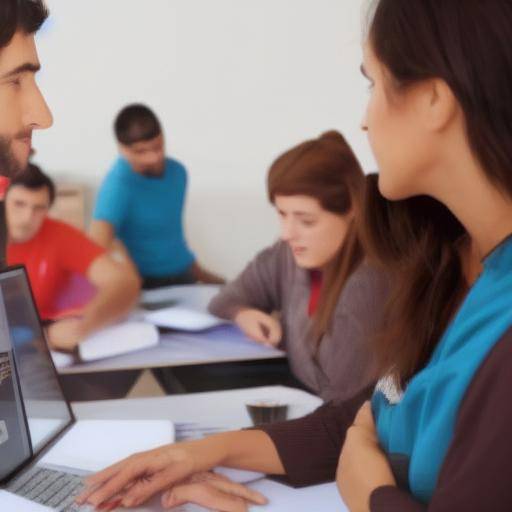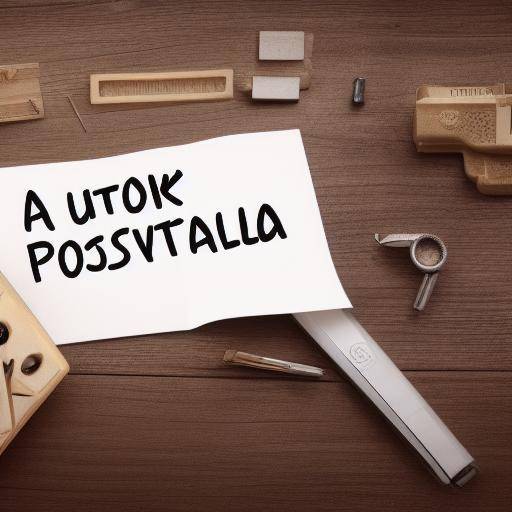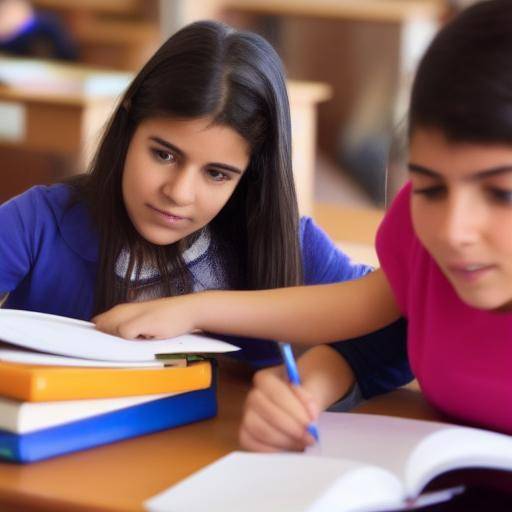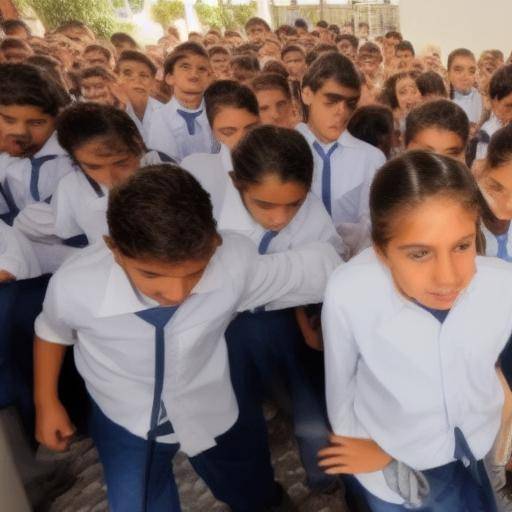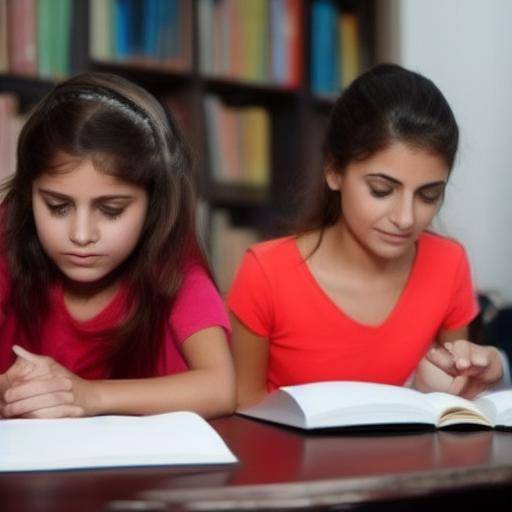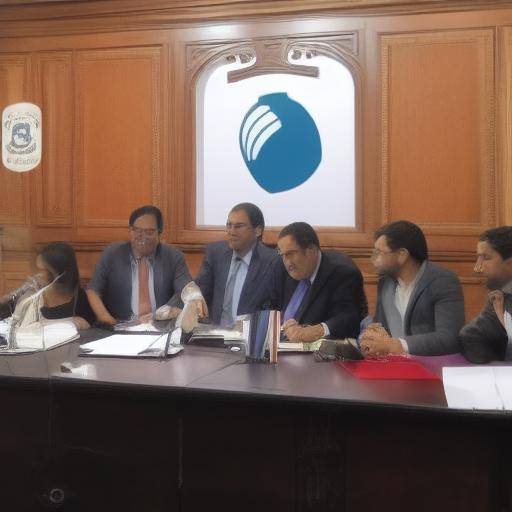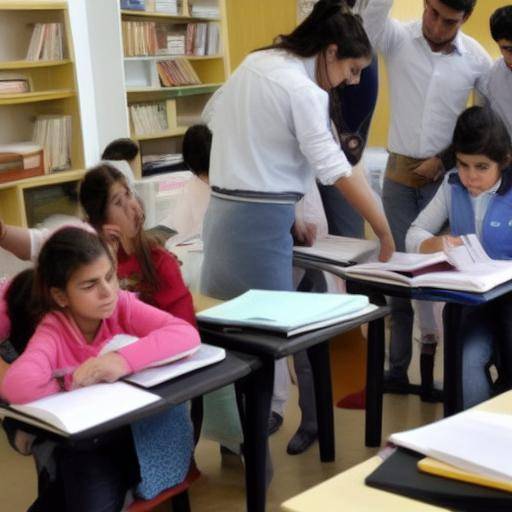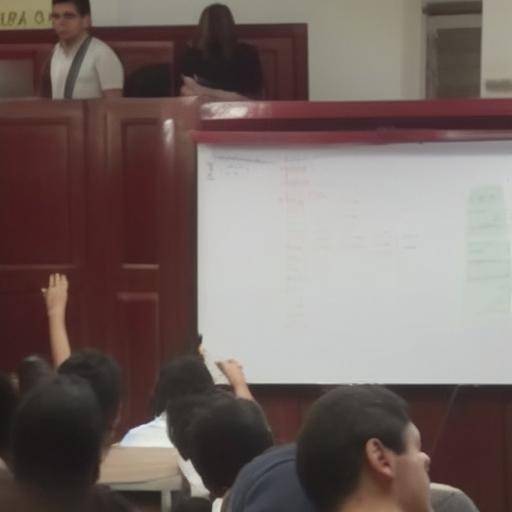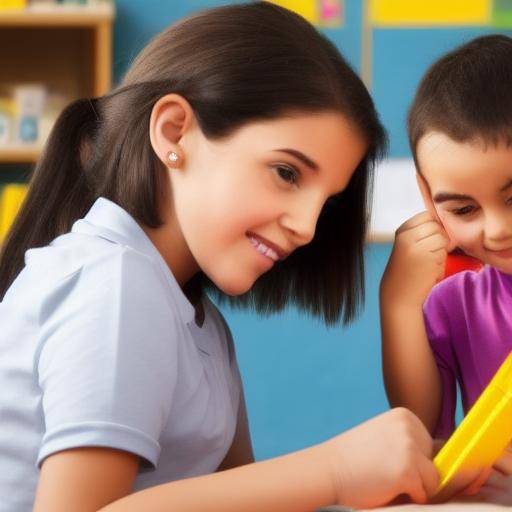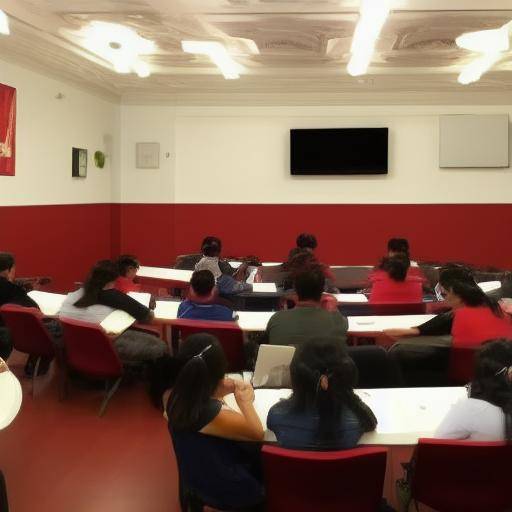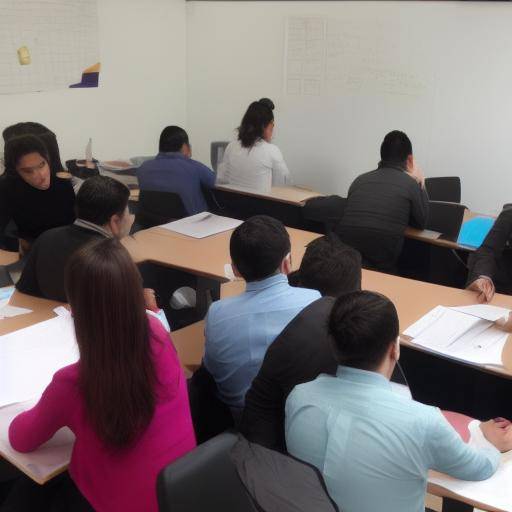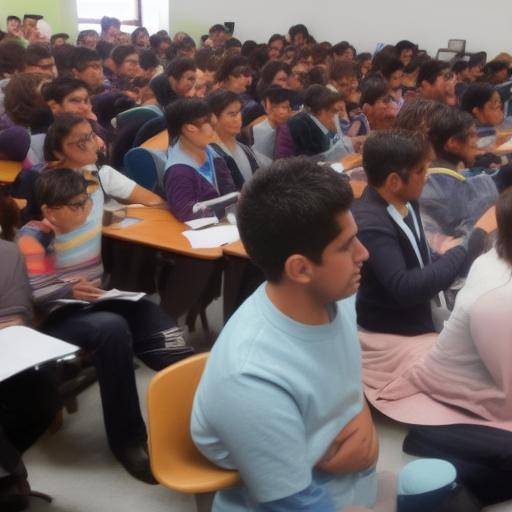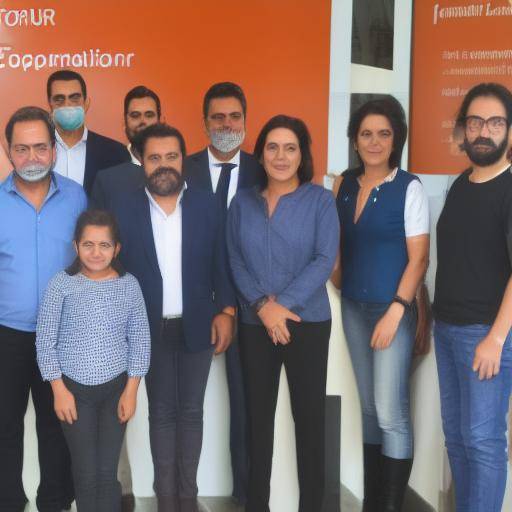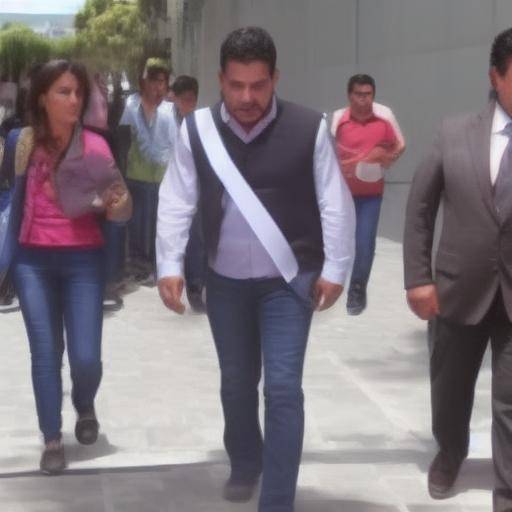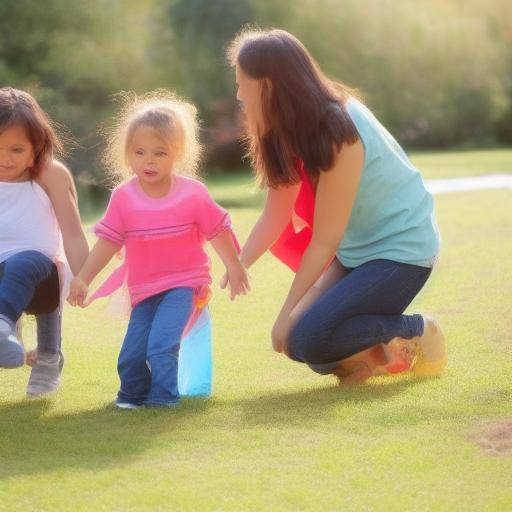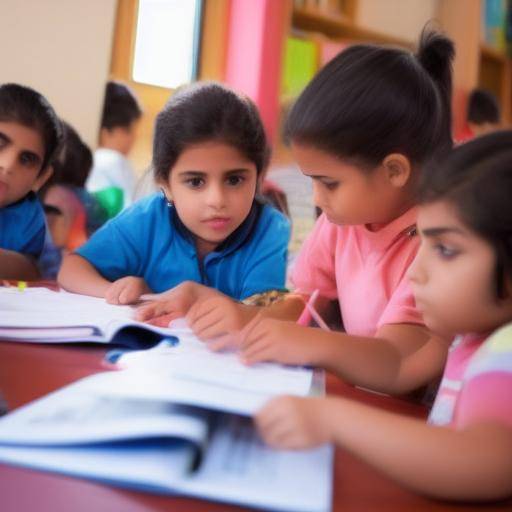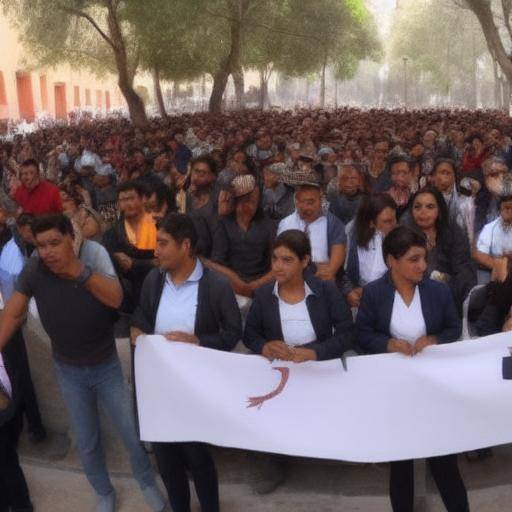
Peace and justice education plays a key role in building an equitable and harmonious society in the current era, marked by conflicts, inequalities and global challenges. In this article, we will thoroughly explore the importance of education in peace and justice, as well as the key strategies to promote these principles in various contexts. From its historical relevance to future trends, we will examine this crucial issue in depth.
History and Background
Education on peace and justice has its roots in civil rights movements, the abolition of slavery and the struggle for equality worldwide. From iconic figures such as Mahatma Gandhi and Martin Luther King Jr. to contemporary leaders on the global stage, the momentum for peace and justice has been a constant throughout history.
The emergence of international organizations committed to the promotion of human rights and social justice has given rise to greater awareness of the importance of education in these values. The adoption of the Universal Declaration of Human Rights by the United Nations in 1948 marked a significant milestone in the recognition of the fundamental principles that should be disseminated through education.
In the field of education, many movements have advocated the integration of education on peace and justice in education systems worldwide. From the inclusion of specialized subjects to the integration of these topics into the general curriculum, there has been a significant progress in promoting these principles.
Analysis in Deep
Peace and justice education entails a wide range of benefits. From the promotion of empathy and intercultural understanding to conflict prevention and the promotion of peaceful dispute resolution, the integration of these principles into education has a transformative impact.
However, it faces significant challenges, such as resistance to the implementation of education programmes in these values, lack of resources and the need to adapt approaches to culturally diverse contexts. The incorporation of innovative educational technologies, collaboration with local communities and the design of inclusive programmes are key aspects of addressing these challenges.
Exhaustive examination
Effective strategies for peace and justice education range from the promotion of safe spaces for dialogue and debate to building skills for conflict resolution. The implementation of interactive methods, such as cooperative learning and the use of multimedia resources, can enrich the educational experience and strengthen the impact of these programs.
Continuous assessment of the impact of education on peace and justice is essential for measuring the effectiveness of the strategies implemented. The collection of qualitative and quantitative data, as well as the analysis of long-term results, allows for continuous adjustment and improvement of educational initiatives.
Comparative analysis
Education in peace and justice shares similarities and differences with other educational approaches, such as civic education and value education. Identifying convergences and distinctions between these approaches is crucial to developing integrated strategies that maximize their collective impact.
Some potential synergies include the integration of peaceful conflict resolution into civic education programmes, as well as the connection between fundamental values and the defence of human rights. Exploring these intersections offers opportunities to strengthen education on peace and justice in a holistic manner.
Practical Tips and Accessible Advice
- Promote the promotion of peace and justice in family and community settings.
- Integrate methods of peaceful conflict resolution into formal e-formal educational programmes.
- Collaborate with local organizations and relevant experts to enrich educational approaches.
- Implement active participation strategies that involve students in promoting peace and justice in their communities.
Industry Perspectives and Expert Reviews
Recognized experts in education, human rights and conflict resolution underscore the importance of addressing education on peace and justice as an integral component of human development. The implementation of inclusive policies, specialized teacher training and continuing commitment to these fundamental values are highlighted by experts in this field.
According to the UNESCO report, education in peace and justice is a key pillar in preparing future generations for an interconnected and diverse world. The recommendations of education experts highlight the need to adapt educational approaches to local realities, promote critical reflection on global issues and strengthen intercultural cooperation through education.
Case Studies and Real Life Applications
An exemplary case study is the human rights education programme implemented in schools in various countries, which has demonstrated positive results in promoting the understanding of human rights and the active participation of students in the defence of these rights.
Another relevant case is collaboration between non-governmental organizations and educational centres in conflict-affected communities, where peace and justice education strategies have been implemented to address the impacts of the conflict, foster reconciliation and promote mutual respect.
Future Trends and Predictions
Future trends in peace and justice education aim at integrating multidisciplinary approaches, promoting global citizenship and expanding educational programmes through digital platforms. Collaboration between educational institutions, Governments and civil society organizations is expected to foster the development of innovative strategies that address contemporary challenges to peace and justice.
Conclusions
In short, education on peace and justice is a crucial component in building inclusive and equitable societies. Through effective strategies, integrating these values into educational systems and promoting the active participation of the community, it is possible to cultivate an enabling environment for development and peaceful coexistence.
Frequently asked questions
**1. What is the importance of education in peace and justice in today's society?**Education in peace and justice is critical to fostering peaceful conflict resolution, promoting inclusion and equity, and cultivating a culture of respect for human rights.
**2. How can teachers integrate peace and justice education into their educational practices?**Teachers can incorporate interdisciplinary approaches, use audiovisual resources, promote dialogue and debate, and integrate relevant case studies to address issues of peace and justice in the classroom.
**3. What are the main challenges facing peace and justice education?**Some of the key challenges include resistance to the implementation of educational programmes in these areas, lack of resources and adaptation of approaches to various cultural contexts.
**4. How can local communities contribute to the promotion of peace and justice education?**Local communities can collaborate with educational centres, prioritize peaceful conflict resolution at the community level, and involve families in initiatives that foster values of peace and justice.
**5. What are the prospects for growth for education in peace and justice in the future?**Education in peace and justice is expected to experience significant growth as its importance is recognized in building resilient and harmonious societies in an increasingly interconnected world.
**6. What role do educational technologies play in promoting education in peace and justice?**Educational technologies offer opportunities to broaden the scope of education in peace and justice through online platforms, interactive multimedia resources and tools for collaborative learning.
In conclusion, education on peace and justice is a fundamental catalyst for human development, peaceful coexistence and the promotion of inclusive societies. By integrating effective strategies, promoting active participation and adapting approaches to diverse contexts, it is possible to train future generations with the values necessary to build a more just and equitable world.

